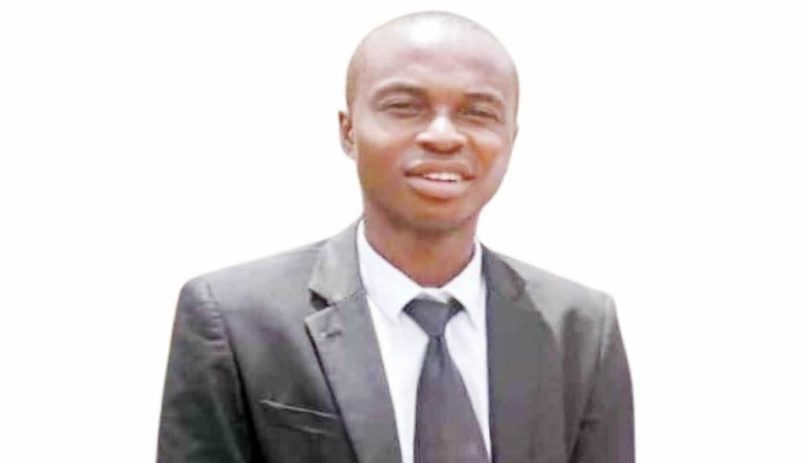Following their release from captivity in Benue State, one of the six abducted Nigerian Law School students, David Obiorah, has narrated the horrific ordeal they endured between Saturday and Thursday at the hands of their abductors.
In an exclusive telephone interview on Monday, Obiorah said he and his five colleagues were flogged daily with tree stems, fed only once a day, and forced to drink muddy water during their captivity in a forest along the Zakibiam-Wukari area.
“They flogged us with tree stems. They served us rice made with palm oil. The rice resembled amala, mixed with red oil. It was horrible. We also drank muddy water,” he said.
Obiorah said the kidnappers moved their vehicle deep into the forest, where they kept them in a small hut.
I thought they were going to kill us when they drove our bus into the bush. I was so scared. Later, they told us they don’t kill people. But every day, they beat us,” he recount
It had earlier been reported that the students were abducted on Saturday, July 26, 2025, along the Benue-Taraba boundary while travelling from Anambra State to the Nigerian Law School campus in Yola, Adamawa State.
In a statement on Friday, the Public Relations Officer of the Benue State Police Command, Udeme Edet, announced the release of the abducted students, claiming they had been rescued by security forces.
But Obiorah said this was false, saying, “For the record, the Nigeria Police did not rescue us. The Nigerian Law School did not rescue us. Each of us paid N10m for our release.”
While one of the students was freed earlier without a ransom, believed to be due to his youthful appearance, Obiorah confirmed that the remaining five had to pay the ransom individually.
“The guy they released earlier looked much younger than the rest of us. They said he looked like a minor because of his baby face,” he said.
Obiorah revealed that the abductors, numbering about 10, spoke mostly in Tiv.
“I am extremely sure they spoke Tiv,” he noted.
According to him, after the abduction, the kidnappers’ vehicle broke down, and they used motorcycles to transport the victims deeper into the forest.
“We were abducted around 9 pm and arrived at the hut by 11:30 pm. There, we met four other captives, one female and three males, including a corps member named Wisdom,” he said.
He added that while the male captives were kept in a single hut, the female victim was isolated in another hut believed to belong to the gang leader.
“She was alone with their boss throughout. We were always afraid. Tortured every day. Only four of them had guns, but all of them were with other weapons ranging from machetes to dangerous sharp objects,” Obiorah recounted.
He described the environment as a remote village where women cooked for the captives, and children and elders moved around freely.
“The women (in the village) cooked for us, but they only gave us food once a day. The same food they ate. The villagers were aware of everything that was happening. Whenever they brought us out, small children would look at us,” he said.
Obiorah identified the leader of the gang as “Matthew”, whom he said had the bearing of a military officer.
“Their leader, Matthew, looked like a soldier.
We saw other villagers moving about normally.
It was as if the entire community was complicit,” he said.
Obiorah’s ordeal adds to the growing number of Nigerians who have suffered similar fates at the hands of kidnappers, particularly in northern Nigeria.
Punch

